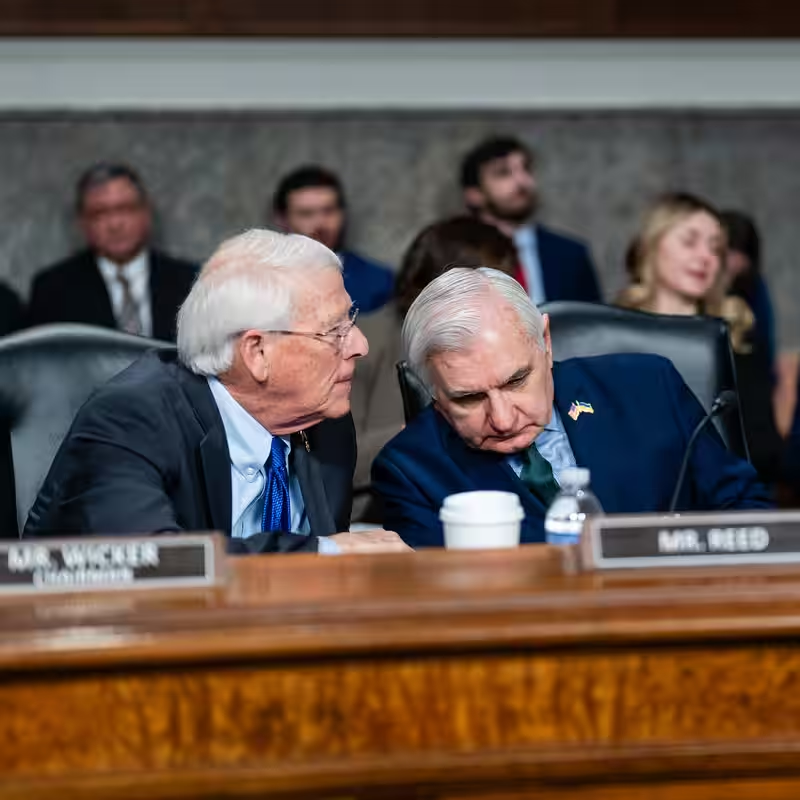Table of Contents
- Pentagon Silence Sparks Bipartisan Outrage
- Where’s the Legal Justification?
- Congressional Demands Go Unanswered
- Trump’s Cartel-Terrorism Link Under Scrutiny
- Sources
Pentagon Silence Sparks Bipartisan Outrage
In a rare show of unity, top senators from both sides of the aisle are sounding the alarm over the Pentagon’s refusal to disclose critical details about President Trump’s recent military strikes on suspected drug trafficking boats.
Senator Roger Wicker (R-Miss.), chairman of the Senate Armed Services Committee, and Senator Jack Reed (D-R.I.), the panel’s senior Democrat, jointly revealed on Friday that repeated requests for documentation have gone unanswered for weeks.
Where’s the Legal Justification?
The senators are demanding two key items:
- The president’s official “execute orders” authorizing the strikes
- The Justice Department’s legal rationale for using lethal military force against alleged drug vessels
Under federal law, the Pentagon must provide Congress with copies of execute orders within 15 days of their issuance. That deadline has come and gone—twice.
Congressional Demands Go Unanswered
In late September, Wicker and Reed sent their first formal request. When no response arrived, they followed up in early October with a more detailed letter asking not only for operational directives but also for a “complete list” of organizations the administration claims the U.S. is in armed conflict with.
“To date, these documents have not been submitted,” the senators wrote in a public statement—a move that underscores their frustration and growing concern over executive overreach.
House Democrats have echoed these concerns, sending a similar request earlier this month. So far, silence from the White House.
Trump’s Cartel-Terrorism Link Under Scrutiny
President Trump has defended the boat strikes by reclassifying certain drug cartels as terrorist organizations—an unprecedented move that could legally justify military action under the Authorization for Use of Military Force (AUMF).
However, legal scholars and lawmakers alike question whether this reinterpretation holds water. Without formal designation by the State Department or clear congressional approval, critics argue the strikes may violate both domestic law and international norms.
Why This Matters
This isn’t just about transparency—it’s about constitutional balance. The U.S. Constitution grants Congress the power to declare war. By bypassing lawmakers and withholding legal documentation, the administration risks setting a dangerous precedent for future military engagements.
Sources
The New York Times: Top Senators Say Pentagon Has Not Shared Legal Justification for Boat Strikes




